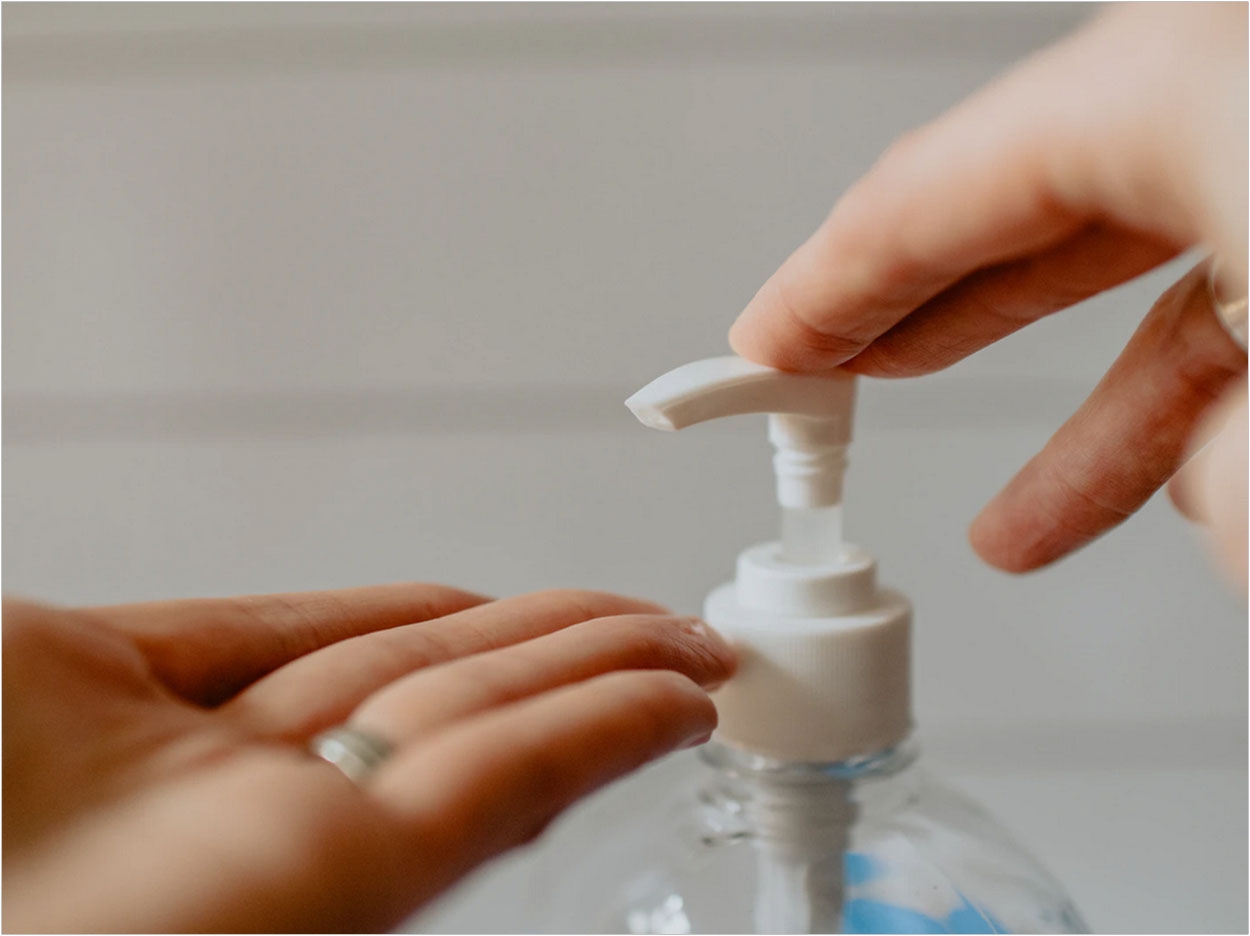
The US Food and Drug Administration (FDA) continues to warn consumers and healthcare professionals that they should not be using certain alcohol-based hand sanitizers because they include methanol, or wood alcohol, which can be toxic when absorbed through the skin and life-threatening when ingested.
The FDA also has placed certain hand sanitizers on an import alert, preventing them from entering the United States. It is working with manufacturers to recall products and is encouraging retailers to remove them from store shelves and online marketplaces as well.
Further, the FDA has issued a warning letter to Eskbiochem SA de CV about the distribution of products labeled as manufactured at its facilities with undeclared methanol, misleading claims that the FDA approved these products, and improper manufacturing practices.
The FDA first issued warnings about hand sanitizers that include methanol being sold in retail stores and online in June. It issued another warning early in July about an increasing number of adverse effects, including blindness, cardiac effects, effects on the central nervous system, and hospitalizations and death, primarily reported to poison control centers and state departments of health. The FDA continues to see these figures rise.
“Practicing good hand hygiene, which includes using alcohol-based hand sanitizer if soap and water are no readily available, is an important public health tool for all Americans to employ,” said FDA commissioner Stephen M. Hahn, MD.
“Consumers must also be vigilant about which hand sanitizers they use, and for their health and safety, we urge consumers to immediately stop using all hand sanitizers on the FDA’s list of dangerous hand sanitizer products,” said Hahn.
“We remain extremely concerned about the potential serious risks of alcohol-based hand sanitizers containing methanol. Producing, importing, and distributing toxic hand sanitizers poses a serious threat to the public and will not be tolerated,” he said.
“The FDA will take additional action as necessary and will continue to provide the latest information on this issue for the health and safety of consumers,” Hahn said.
The agency has posted a do-not-use list of dangerous hand sanitizer products, which is updated regularly. In most cases, methanol does not appear on the product label.
Methanol is not an acceptable ingredient in any drug, including hand sanitizer, even if it is included on the label, the FDA said. The FDA’s ongoing testing has found methanol contamination in hand sanitizer products ranging from 1% to 80%.
The FDA is urging consumers not to use any hand sanitizer products from the manufacturers on its list, even if the product or particular lot number are not listed since some manufacturers are recalling only certain but not all of their hand sanitizer products.
Manufacturers’ failure to immediately recall all potentially affected products is placing consumers in danger of methanol poisoning, the FDA said.
One of the reported deaths is associated with Blumen Hand Sanitizer, distributed by 4e North America and manufactured by 4E Global in Mexico, which recently expanded its recall to include additional lots of its hand sanitizer products.
Additionally, the FDA is strongly urging distributors and retailers to stop distributing and selling hand sanitizers manufactured by the firms on the list immediately, even if the particular product is not included in a recall, due to the risk of methanol poisoning.
When identifying hand sanitizers from the FDA’s do-not-use list, consumers should look for one or more identifiers from the list that match the product’s labeling, including the manufacturer name, the product name, and the National Drug Code (NDC) number.
If any of these identifiers match a product on the list, consumers should stop using it. Consumers then should dispose of the hand sanitizer bottle in a hazardous waste container, if available, or dispose of it as recommended by local waste management and recycling centers. It should not be poured or flushed down the drain or mixed with other liquids.
Methanol exposure can result in nausea, vomiting, headache, blurred vision, permanent blindness, seizures, coma, permanent damage to the nervous system, or death.
Although people using these products on their hands are at risk for methanol poisoning, young children who ingest these products and adolescents and adults who drink these products as an alcohol (ethanol) substitute are most at risk.
Consumers who have been exposed to hand sanitizer that includes methanol and are experiencing symptoms should seek medical treatment for potential reversal of the toxic effects of methanol poisoning.
The FDA encourages healthcare professionals, consumers, and patients to report adverse events or quality problems experienced with the use of hand sanitizers including as much information identifying the product as possible to its MedWatch Adverse Event Reporting program.
Related Articles
Study to Examine COVID-19 Infection Rates Among Dentists
Autoclaving and Alcohol May Damage N95s and Face Masks
Dentists Report They Aren’t Confident in Their Infection Control












